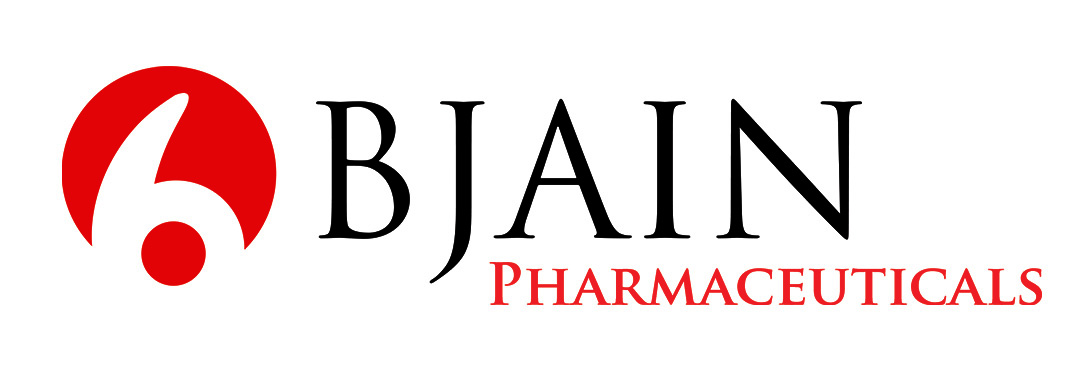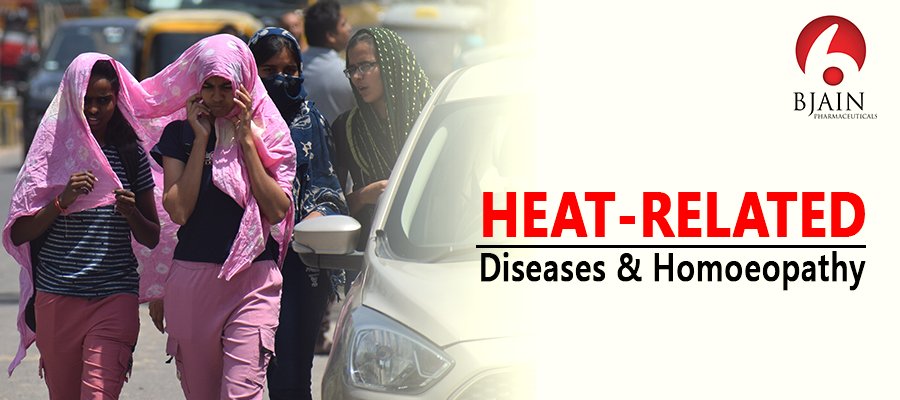Summer is at its peak, and so are the heat wave warnings issued by authorities. This scorching heat can affect your health in many ways. Extended periods of high day and night time temperatures produce chronic physiological stress on the human body, amplifying the world’s leading causes of death, such as respiratory and cardiovascular disorders, diabetes, and kidney disease. Heatwaves can have a severe effect on vast populations for a brief period, triggering medical emergencies and resulting in excessive mortality and spiraling socioeconomic consequences. They can also result in a loss of healthcare delivery capacity, as power outages, common during heatwaves, affect healthcare facilities, transportation, and water supply.
Who is at risk of Heat-related illnesses?
Rising global temperatures harm all people. However, some people are more susceptible to, or physiologically or socioeconomically subjected to, physiological stress, aggravated sickness, and a higher chance of death as a result of excessive heat exposure. These groups include the elderly, babies and children, pregnant women, outdoor and manual laborers, athletes, and homeless people.
What are the causes of Heat-related Health problems?
During warmer weather, our bodies sweat to cool themselves and divert blood flow to the skin. People can also try remaining cool with air conditioning and consuming more water than usual. Heat-related health problems occur when the body’s preventive changes, in addition to the preventive measures, are insufficient to prevent overheating or dehydration, and organ systems begin to fail.
What are the types of heat-related diseases, their dos & don’ts?
There are various heat-related illnesses, let’s discuss them in detail including their symptoms and dos & don’ts.
Heat Stroke
The most dangerous heat-related ailment is heat stroke. It happens when the body loses the ability to regulate its temperature, causing your body to heat up quickly, stop sweating, and become unable to cool down. When heat stroke strikes, the body temperature increases to 106°F or more in 10 to 15 minutes. If emergency care is not received, heat stroke can result in death or lifelong disability.
Symptoms
- Disorientation, altered mental state, slurred speech
- Coma (loss of consciousness)
- Hot, dry skin, or excessive perspiration
- Seizures
- Very elevated body temperature.
- Fatal if medical care is delayed.
Heat Exhaustion
Heat exhaustion is a common reaction to heavy water and electrolyte loss that occurs most commonly through sweating too much. This condition is more inclined to affect the elderly, persons with hypertension, and those who work in extreme temperatures.
The symptoms of heat exhaustion are:
- Headache
- Nausea and Vomiting
- Feeling dizzy
- Sluggishness
- Irritability
- Symptoms may include thirst and heavy perspiration
- Increased body heat
- Reduced urine production
Heat Rash
Heat rash, sometimes called prickly heat, is an uncomfortable skin irritation produced by too much sweating.
- It can happen at any age but is especially common in young kids and infants.
- Heat rash happens when your body sweats more than usual.
- Heat rash is more likely to develop on the back of the neck, the chest area, the waistline, thighs, under the breasts, and in the creases in the skin and pits.
- Heat rash symptoms include redness, minor swelling, and a cluster of little red spots on the afflicted area, accompanied by itching and prickling sensations.
Symptoms include small red spots, clear blisters or lumps, an itchy and prickling feeling, and red skin.
Heat Syncope
Heat syncope is a fainting (syncope) episode or dizziness caused by standing for an extended period or due to rapidly rising after sitting or reclining. Dehydration and a lack of adaptability are two factors that might lead to heat syncope.
The symptoms of heat syncope are:
- Short-term fainting and dizziness
- Light-headedness caused by prolonged standing or abruptly rising from a sitting or resting posture.
General Dos & Don’ts for Heat-related Problems
| DOs | DON’Ts |
| Move to a cooler area and remove heavy clothes. | Do not go out in the sun, particularly between noon and 3 p.m. |
| Apply cold wet clothes to the body. | Please stay away from alcohol, tea, coffee, and carbonated soft drinks, as they dehydrate the body. |
| Take cold baths. | Avoid protein-rich foods and do not consume stale foods. |
| Drink a lot of water and make it your mantra. | Do not leave your kids or pets in locked and parked cars. |
| Consume ORS or homemade liquids such as lassi, Torani (rice water), lime water, buttermilk, and so on to help revitalize your body. | Do not wear bulky and tight clothing. |
| If you feel faint or unwell, visit a doctor right away. | Avoid intense exercise while the weather is hot. |
Homeopathic medicines for the complaints caused by excessive heat
Homeopathy is a fast-expanding system that is being used all over the world. Its strength comes in its obvious efficacy, as it takes a comprehensive approach to the ill person by promoting inner harmony on the emotional, spiritual, mental, and physical levels. When it comes to heatstroke, Homoeopathy has several potent medications accessible, but the choice is based on the patient’s unique characteristics, taking into account both mental and physical symptoms.
- Calendula: This is a multipurpose medication for various skin problems that many of us encounter throughout the summer. Calendula can be used to treat skin damage caused by wounds, infections, prolonged sun exposure, or even excessive pollution and filth.
- Belladonna: Heatstroke, dehydration, and repeated exposure to the sun can cause various illnesses and symptoms, including heat headaches. To cure such situations, utilize the homeopathic drug Belladonna, which is used to treat sunstroke-related diseases and complaints.
- Glonoinum: It is one of the most effective treatments for sunstroke when the patient suffers from acute excruciating congestive headaches with pounding pains. Throbbing, exploding headache. In cases where sleep has helped with headaches. The face gets heated and red. Irritability and confusion of thought may be present.
- Amyl nitrosum: This remedy is given when blood surges to the head and face, resulting in a blazing red face. The sensation of blood passing through the skin, accompanied by heat and redness. The heart and carotid arteries pulse violently. The person is extremely anxious, as if something horrible may happen.
- Gelsemium: It is recommended when a patient is experiencing dullness, sleepiness, or disorientation as a result of heat stroke. They may endure visual changes and painful muscles. There is a headache above the cervical region. Vertigo. A band around the head with heaviness in the eyelids. The body trembles and is weak. The guy isn’t thirsty. It can also be used to prevent the adverse impacts of sun exposure.
This information is not a substitute for a Registered Medical Practitioner. Kindly consult your doctor in case of severe complaints.
Frequently Asked Questions (FAQs)
Q. 1. What are the 4 main types of heat illness?
Ans. If your body is getting too hot and you have a high fever, skin bumps, muscular spasms, dizziness, nausea, headaches, or a variety of other signs, you may be suffering from one of the most frequent heat-related diseases: heat rash, heat cramps, heat exhaustion, or a heatstroke.
Q. 2. What are the 5 signs of heat-related illness?
Ans. Symptoms include:
- Elevated body temperature, dizziness, or fainting.
- Sweating a lot
- Fatigue and a decreased appetite.
- Other symptoms may include thirst, irritability, twitching, and severe muscular cramps in the arms, legs, or belly.
Q. 3. What are the signs of a heat stroke?
Ans. Symptoms of heat stroke are:
- Disorientation, impaired mental state, speech difficulties
- A state of loss of consciousness
- Hot, dehydrated skin, or excessive perspiration
- Convulsions
- Extremely elevated body temperature.
- Fatal if therapy is delayed.
Q. 4. How does heat wave affect human health?
Ans. The body’s incapacity to control its temperature and reduce heat buildup under such settings raises the danger of heat exhaustion and heatstroke. The pressure placed on the body as it attempts to cool itself affects the heart and kidneys. As an outcome, heat waves can exacerbate the risks of chronic illnesses (cardiovascular, mental, pulmonary, and diabetes-related) and induce acute kidney damage.

Dr Kiran Swami
Dr. Kiran Swami, BHMS, MD (Hom.), a Research Officer at BJain Pharmaceuticals Pvt. Ltd., holds degrees from Nehru Homeopathic Medical College, Delhi, and Dr. Sarvepalli Radhakrishnan Rajasthan Ayurved University, Jodhpur. With expertise in homeopathy and a passion for research, she drives innovation in holistic healthcare solutions.


